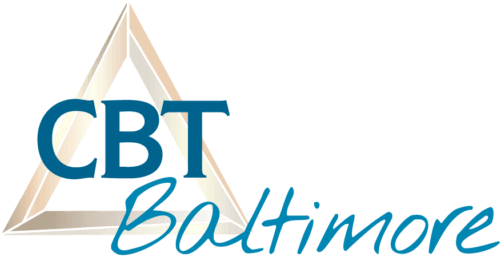Identity is a broad term that encompasses everything about you. Do you value money or getting the latest Tesla before anyone else? Do you value time spent with family or time spent in the classroom? While our backgrounds can inform our identities to a certain extent, there are a number of other intersecting experiences and influences that come together to make us who we are.
Self-Identity Formation
Identity formation is the process of finding out what aligns with your true self and who you want to be. Dr. Erik Erikson, a pioneer in the form of psychology, stated that developing a core self-identity was critical to moving on into young adulthood. While there is a great deal of research on adolescence and identity, self-identity is a constantly-shifting concept depending on a variety of factors. The way that you view yourself as a healthy, single, happy woman will be different than the way you view yourself as a woman who is struggling with her health, married and expecting a child. Significant milestones, crisis situations and changes in the world around us all play a factor in identity formation.
Finding Out Who You Really Are
Many young adults and adults find themselves facing the mirror at some point and asking the timeless question— “who am I really?” Since self-identity is anything but fixed, it can feel difficult to pin down. Unfortunately, many times the self-critical monster in our heads informs who we think we are. How can you find out who you are? Start with the six building blocks of identity: VITALS.
- V: Values are the things that we believe in, like helping others, creating financial security for our families or having a million Instagram followers. The goals that you have, even if you think they are silly, factor into your values. Your values are often also informed by your spirituality and religion. The belief systems that we grow up learning about and partaking in can positively or negatively lead into our adult values.
- I: Interests are the things that you spend your time on that you don’t need to do to sustain your daily life. Interests include your hobbies, passions and curiosities.
- T: Temperament encompasses the preferences that you have built over your lifetime, including things like introversion or extroversion and making choices based on logic or emotion.
- A: Around-the-clock activities include the mundane parts of your life, like the time you prefer to go to sleep and wake up. When are you most active? When would you rather be snoozing in bed?
- L: Life mission and meaningful goals could be ambitious, like curing cancer, or simple, like becoming the best realtor in your small town. Think about the most meaningful moments in your life and how they have changed your life and informed your ambitions.
- S: Strengths are the talents and skills that you have. Your strengths don’t just include things like being able to tie a cherry stem into a knot with your tongue; they also include character strengths like emotional intelligence or respect for others.
Where Do You Go From Here?
As you work your way through discerning your self-identity, you might need some professional help. If you find you don’t like the person in the mirror or want to figure out who is looking back at you, reach out to CBT Baltimore at 443-470-9815. We would love to help.

